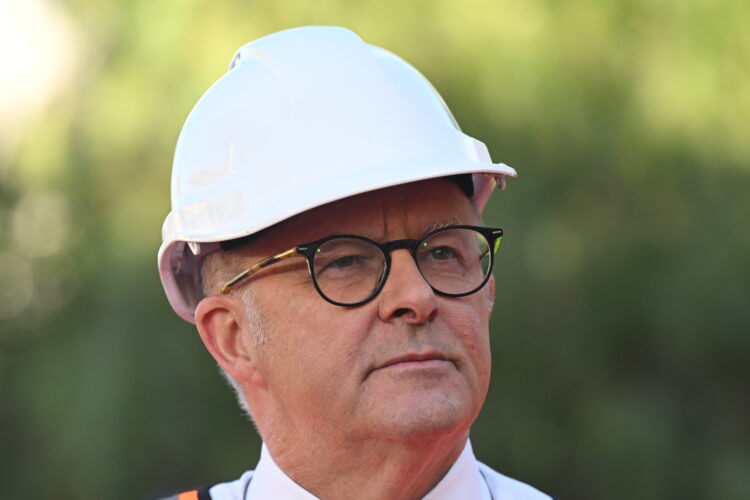Joshua Black
Postdoctoral Research Fellow
Last night during his debate with Jim Chalmers, shadow treasurer Angus Taylor said that fixing the construction sector was a key part of the Coalition’s strategy for solving Australia’s housing affordability crisis. That specifically means deregistering the CFMEU.
When the Coalition talks about construction there’s a giant elephant in the room: the Australian Building and Construction Commission, a political football now two decades old.
The Coalition’s policy offering includes a promise to “reintroduce a tougher Australian Building and Construction Commission”. In times past, that Commission has been set up conversative governments to tackle productivity and “law and order” in the construction sector. Set up in the mid-2000s under John Howard and abolished by Labor, the ABCC was resuscitated in 2016 before wearing out its welcome again in 2022.
Why doesn’t the Coalition want to talk about its plan to ride the ABCC merry-go-round again? I can think of a few reasons.
First, it would not do a thing to help productivity in construction, especially in the housing sector. The Australia Institute has previously shown that the ABCC is more likely a dampener on labour productivity in the building and construction industry, especially in heavy and civil construction sector where its oversight was most concentrated.
Second, the Coalition promised in 2016 that the revived ABCC (defunct between 2012 and 2016) would help make housing more affordable. Spoiler alert: it didn’t. This is not surprising because the ABCC was not concerned at all with residential building.
Third, Taylor and Dutton would have to defend the ABCC from the government’s criticism that it became a vehicle for outright political lawfare. For much of its second stint, the ABCC was more focused on banning Eureka flags and censoring workers’ political views than on promoting productivity on Commonwealth-funded construction sites.
Can the Coalition explain how the ABCC will help with affordable housing?

Loading form…